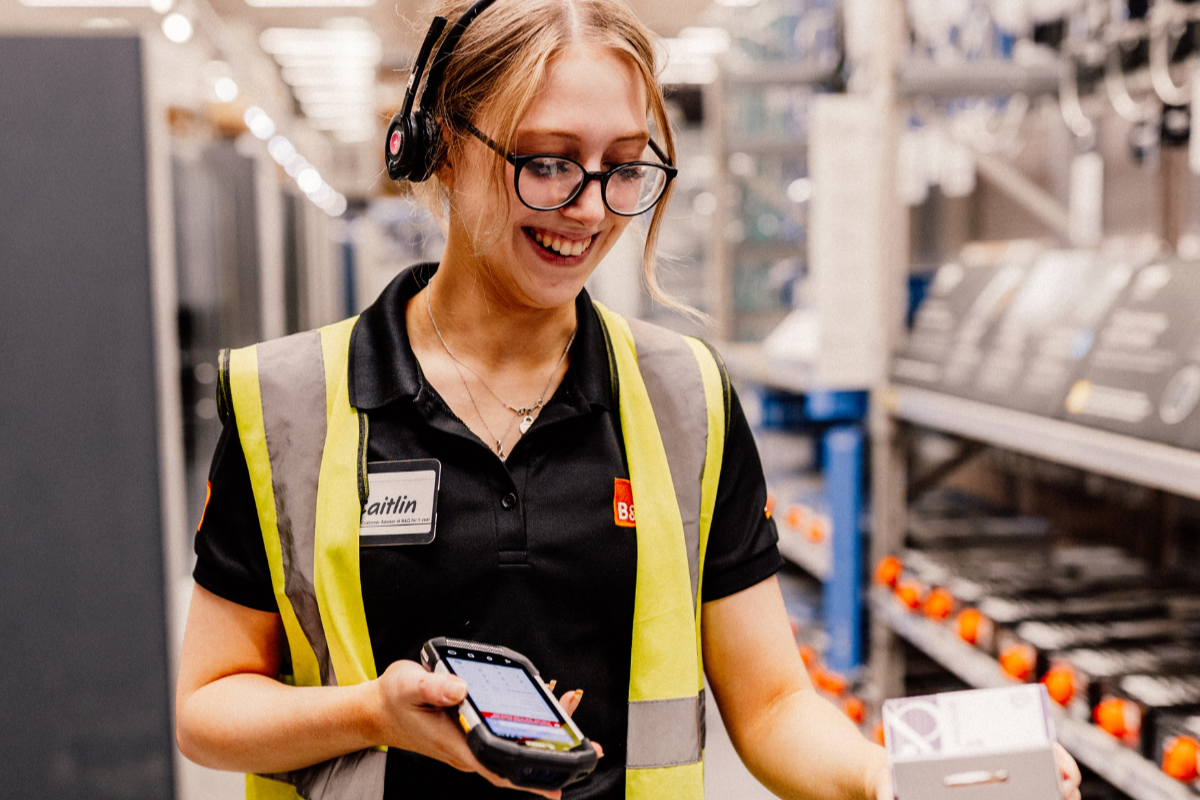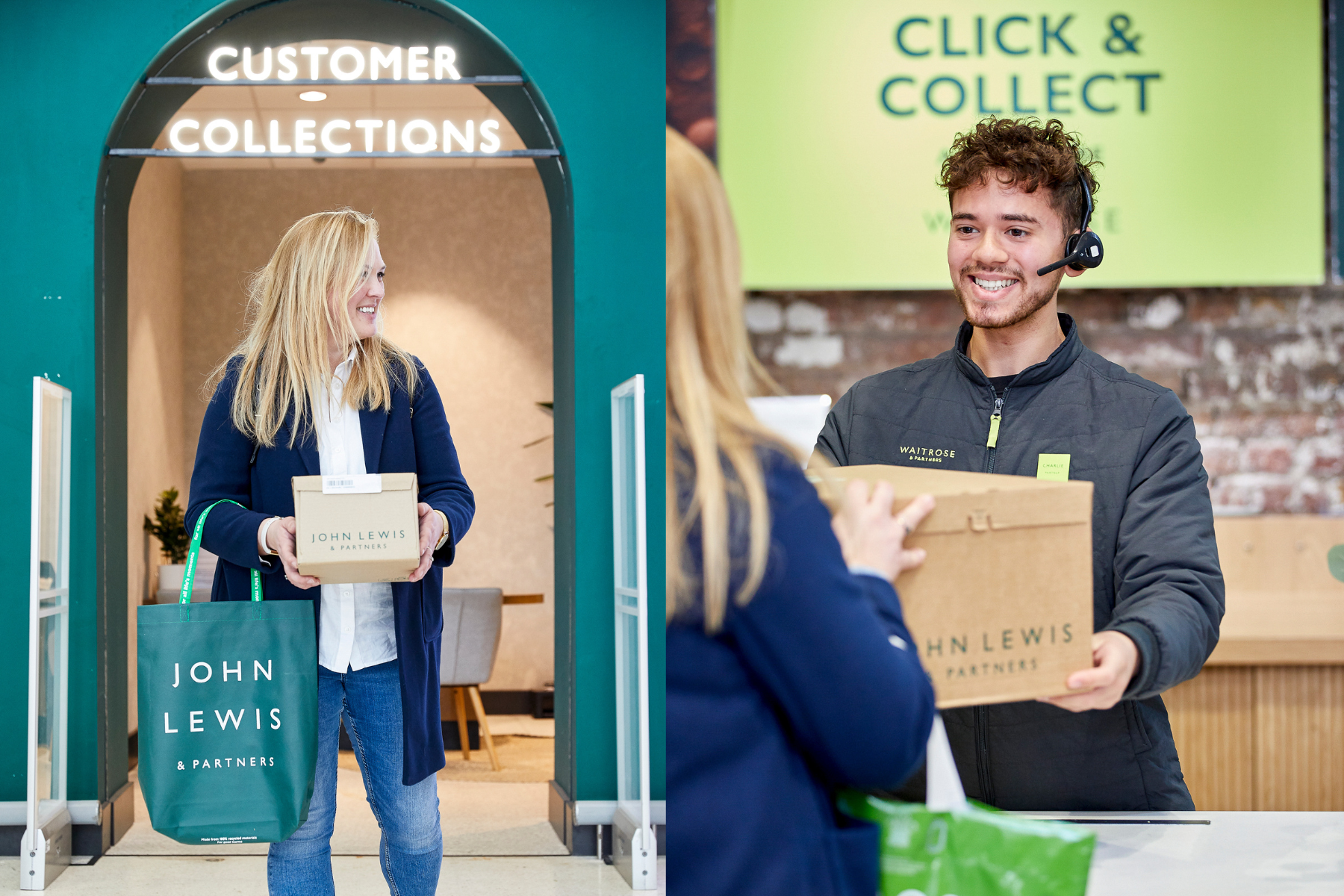As retailers explore the future of the physical store, China’s Alibaba is hoping its Hema supermarkets represent the definitive next stage in its evolution.
There are already over 100 Hema stores in China, including a flagship in Beijing. Customers use the mobile app to scan product QR codes in store and either pick them up on the spot or have them delivered to their home, as well as click and collect online orders. Alibaba owns every stage of the interaction, down to the use of its payment solution AliPay.
The stores also serve as fulfilment centres for online orders, with staff picking orders from the shelves and handing them over to scooter drivers who take them to the customer.
David Lloyd, Alibaba MD for the UK, Ireland and Nordics, tells InternetRetailing that Hema is about “digitising every aspect” of food shopping.
The idea underpinning the stores is “new retail”, which Lloyd says is the doctrine of “using innovative technology to seamlessly merge online and offline environments, giving customers what they want, where and when they want it.”
However, beyond using technology to enhance the actual process of selling goods, Alibaba also envisions a change in the very meaning of shopping itself. The stores accordingly feature cafes as well as fresh seafood, which can be scanned to find data such as its source.
“In China, shopping is not just a transaction for consumers, it’s an experience, a social activity and increasingly a form of entertainment,” says Lloyd, citing a survey of Chinese consumers that found 77% saying online shopping was their favourite pastime.
Lloyd points to Alibaba’s relatively recent Global Shopping Festival on 11 November as a vindication of the concept. The company increased its gross merchandise volume on the day 27% to $30.8 billion, with 180,000 brands including Dyson, Nike and L’Oréal taking part. The company’s logistics arm Cainiao Network processed over a billion delivery orders.
The day included the launch of 200,000 “smart stores” – pop-up stores across China offering a range of products. These pop-ups used emerging technologies such as facial recognition to enable quicker payments. It was also possible to pay for online coupons at offline locations using QR codes, giving merchants insights into how consumers were moving between the different channels.
Alibaba did not share any details on if or when it Hema would launch in the European market. Its focus in Europe is primarily on enticing European brands to sell goods into China using its platform. At the time of publication, there are also press rumours about Alibaba potentially acquiring German fashion retailer Zalando.
Aside from the legal complications that may be created by the fact there is already a Dutch retailer called Hema, a potential launch in Europe would of course need to reckon with the established local competition.
Many of the major European giants are already looking to update the store format, including Carrefour and Delhaize. Delhaize launched the Fresh Atelier concept in Brussels in October, which brings together a range of “ultra-fresh” meals designed to meet the needs of busy urban consumers, allowing customers to scan products and pay using their smartphones.
In Nivelles, Delhaize worked with digital agency This Place on a store which offers physical shoppers access to the online catalogue.
Carrefour introduced a new type of convenience store in Paris which features a limited selection of goods, supplemented through access to the online store.
German electronics giant MediaMarktSaturn offered cashierless payments in its Hamburg outlet over the Christmas season, citing a successful pilot in Austria. Vodafone launched a new store on Oxford Street which was designed to offer “experiences” to the customer, as French mobile operator Orange’s stores do in France.
On the other hand, retailers such as Clas Ohlson and Pandora are reducing their store footprint to focus on online.
Lloyd of Alibaba argues that the physical store “remains a key part of the customer experience”.
“Bricks-and-mortar stores still have a crucial role to play in how brands connect with their customers, as well as enhancing their marketing, inventory and supply chain. Even in China, where the retail landscape has been built around an online and mobile offering, bricks-and-mortar retail accounts for more than 80% of total retail sales.
“Successful brands have always had to evolve and respond to changing consumer demands in order to grow. By combining the online and offline worlds, retailers can keep pace with these changes and continue to thrive.”
Aside from the challenges of establishing a new supermarket brand in the face of local competition, it is unproven yet whether European consumers are as ready for this concept as Chinese ones. But the Hema store is a clear statement of what Alibaba believes “new retail” will be.
Image credit: Alizila (Alibaba Group)









